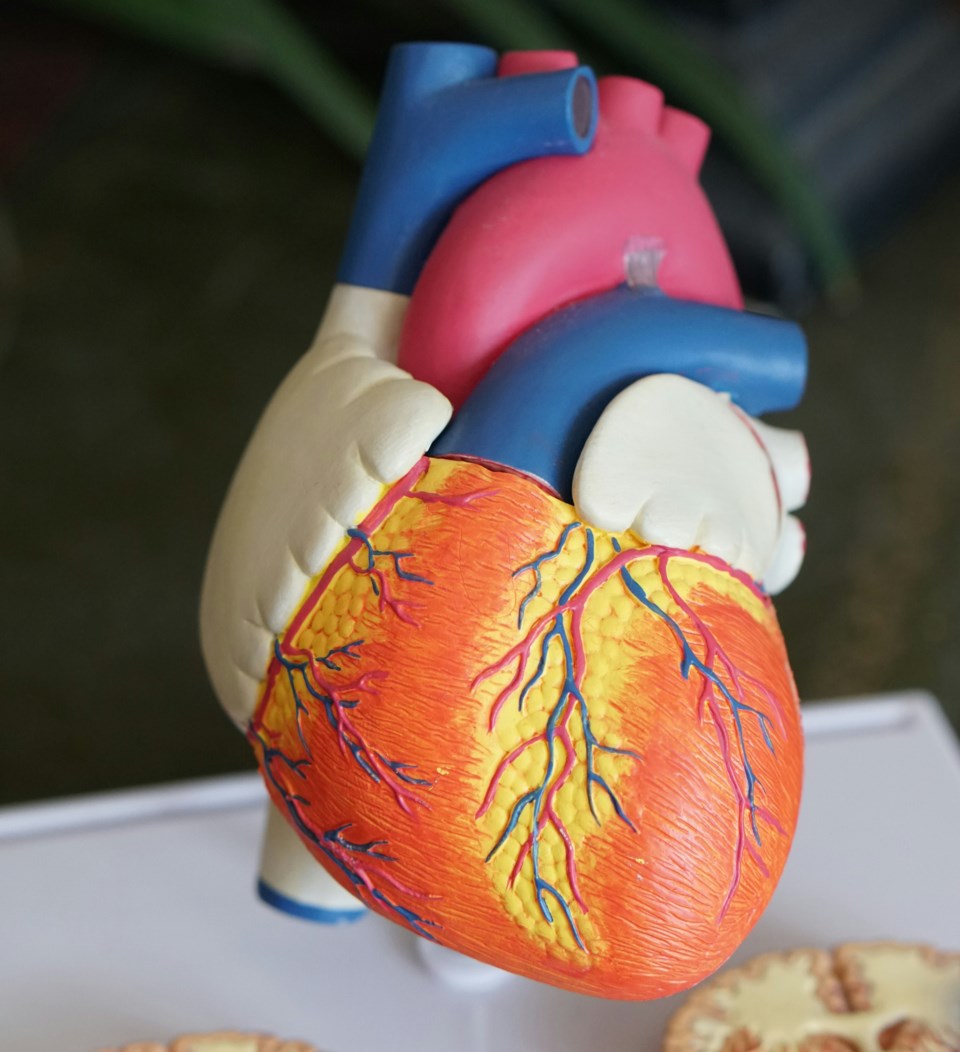More than 6.1 million Americans have a progressive abnormal heartbeat known as atrial fibrillation. The condition causes blood to flow poorly through the heart which can lead to heart failure and blood clots that can cause a stroke. UCHealth recently purchased new technology that will make treatment for the condition safer and faster.
“This is the most anticipated new technology in the electrophysiology world in more than 10 years,” said Robert Wagner, senior director of UCHealth cardiovascular services in northern Colorado. “We are honored to bring this groundbreaking technology to Colorado to serve our patients from throughout the Rocky Mountain region.”
Atrial fibrillation, or AFib, is on the rise, according to a news release from UCHealth. More than 12 million Americans are expected to be impacted by the condition by 2030, according to the Centers for Disease Control and Prevention.
“It’s become an epidemic. That is why it’s very important that we find treatment solutions that are safe, effective and efficient,” said Dr. Amar Trivedi, the UCHealth clinical cardiac electrophysiologist who performed the first procedure at MCR.
Traditional ablation procedures rely on thermal effects to target the cardiac tissue that triggers the condition. This method can damage the surrounding tissue in the heart. The new technology is pulsed field ablation which uses a “series of electric pulses to efficiently isolate the pulmonary veins for the treatment,” according to the news release. Since the procedure does not use thermal effect to kill the cells, the risk of damaging the heart structure is potentially lower.
“This is an energy source that will likely become the first-line method to control AFib moving forward,” Trivedi said.
The procedure can be performed on “anyone with symptoms of AFib,” according to the news release. Those symptoms can include irregular heartbeat, heart palpitations, lightheadedness, extreme fatigue, shortness of breath or chest pain. Many of these patients are fatigued, run down, tired and unable to exert themselves.
“The most common thing I hear after ablation is that their heart feels calmer. That is how they describe it,” Trivedi said.



